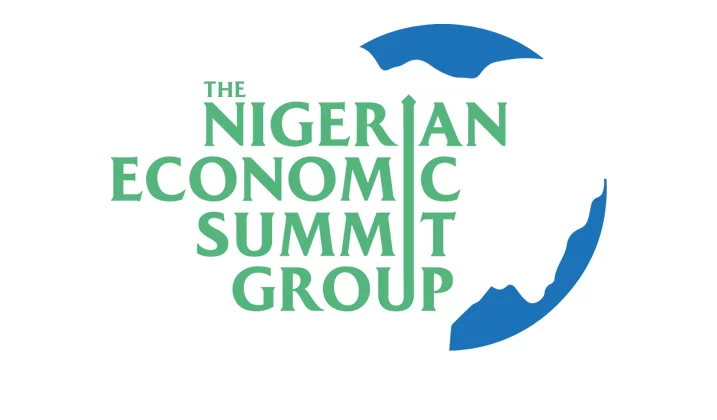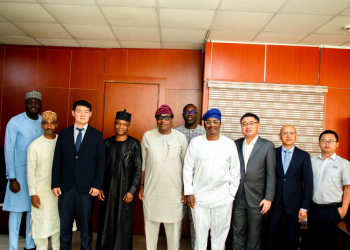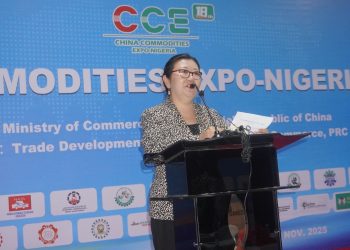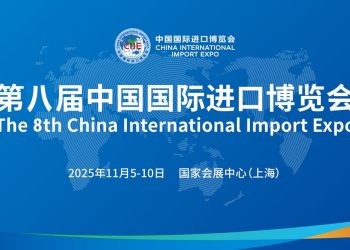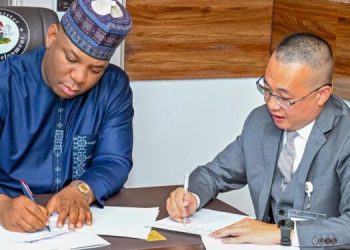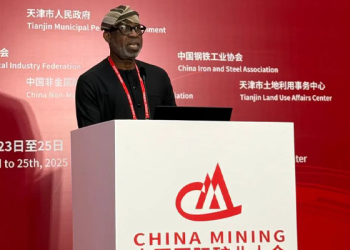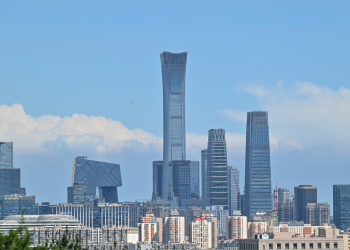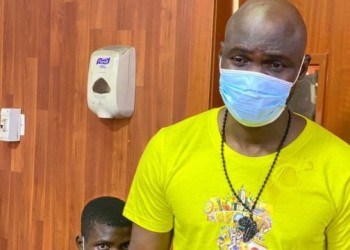The Nigerian Economic Summit Group (NESG) has said there are tough times ahead for Nigerians no matter who becomes President in 2023.
It said the country is in a season of social discontent characterised by massive economic pressures and challenges on businesses and citizens, with Nigeria’s macroeconomic instability driven by stagflation pushing more people below the poverty line.
“More Nigerians are multidimensionally poor than are monetarily poor,” NESG chairman Asue Ighodalo said yesterday at a press briefing on the 28th Nigerian Economic Summit (NES#28) held at the Federal Ministry of Finance, Budget and National Planning in Abuja.
The World Bank estimates that in 2022 alone, seven million Nigerians will go into extreme poverty.
Nigeria faces overwhelming security challenges, made worse by the devastating effects of climate change compounding already aggravated levels of humanitarian crisis. Nigeria’s internally displaced persons index 2021 shows that 3.2 million persons were displaced as of last year. Another one million was added this year, a situation NESG said poses grave danger for Nigeria’s next president.
“Let us be clear, we are in tough times and no matter who becomes president in 2023, there are tough times ahead, Mr Ighodalo said.
He, however, added that there are also opportunities to usher Nigeria into an era of shared and sustainable prosperity.
He posits that with a transformational political leadership approach along with a business unusual mindset, supported by a robust elite, and socially mobilised policies, Nigeria can be transformed “into a nation of our dreams.”
The NESG believes that if deliberate efforts are made, Nigeria can become a leading industrialising and reforming nation in Africa that focuses on building its state capacity and capabilities in five years.
“Our country can break free from decades-long political, policy, legislative and regulatory binding constraints. We can create an enabling investment climate and business environment, underpinned by a motivated, capacitated, well-resourced, world-class civil service that drives open, transparent, high-performance governance at all levels.
“We can move Nigeria decisively towards structural and institutional reforms required to unlock local content development, sub-national economic diversification, competitiveness, and growth in the medium term. We can make moderate and incremental progress in poverty reduction and job creation, and we can make Nigeria the dominant shareholder of FDI inflows into the African continent.”
As a possible way out, the economic thinktank highlighted most critical challenges for urgent attention: unemployment surge, huge infrastructural deficit, fiscal weakness, human capital and skills gap, flawed security architecture, and corruption, which the group said Nigeria must give priority attention to save face.
As Nigerians brace up for the 2023 general elections, NESG says Nigerians should elect leaders with strong political will to tackle Nigeria’s socio-economic challenges.
Minister of state for budget and national planning, Prince Clem Agba, said the federal government will take in most of the ideas from the summit, especially as it is working on finalising the Nigeria agenda 2050 with a focus on making the nation’s economy a private sector-led one.
Agba said the federal government is working with the National Assembly to pass a law that will address sundry issues, especially procurement process.
“And we have recognised that there are lots of binding constraints that need to be to be dealt with, unlike the private sector or individual homes where you say go and just go in the public sector things don’t move as fast as that because of bureaucracies and laws that have been put in place,” he said.
The national planning minister said the 28th edition of the economic summit billed to take place between 14 and 15th of November would delve into the causes and implications of the highlighted critical challenges.





























